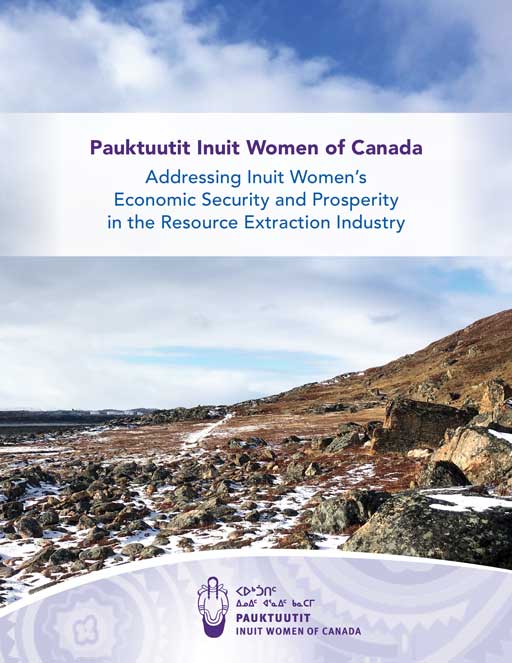Inuit women working in mining report high levels of sexual harassment



A recent survey by Pauktuutit Inuit Women of Canada reveals that Inuit women in the mining industry experience a high level of sexual harassment at work.
Of those surveyed by the organization, 55% reported experiencing some form of sexual harassment, ranging from unwanted sexual comments or jokes to “intense and varying forms of sexual violence and harassment on a recurring basis.”
In the aftermath of these incidents, some women reported leaving their job, while others stayed because they needed the income, or stayed and reported that they felt safer because the offender no longer worked alongside them.
The report was based on a limited survey of 29 Inuit women. It did not identify any of their work places.
The report points to varied experiences: Some respondents reported feeling vulnerable when working in private spaces such as bathrooms or private rooms (for janitorial or housekeeping work). However, on the whole, the women reported feeling safe while working, with the majority reporting feeling safe, particularly when on-shift.
In terms of reporting sexual harassment and violence, some of the women surveyed felt safe to do so and supported by their employer, while others did not.
And more than half said that they would like to see companies take a stronger approach towards addressing sexual violence and harassment in the industry.
“The women surveyed repeat the call for development of robust workplace policies that address gender- and Inuit-specific impacts related to workplace sexual violence and harassment,” reads the report. “Their specific suggestions from this study identify a number of explicit strategies for communities, companies and government to take forward. The women who participated in this study indicated they want to see decisive action taken by operations in the North to improve the experiences of Inuit women working in the resource extraction industry.”
The report distills respondents recommendations into five actions that companies should take:
Respondents also reported supporting large families on salaries that are lower than both Inuit and non-Inuit men and non-Inuit women.
They also reported a sense of pride in their work.
“Many Inuit women are engaged in the mining economy productively and able to provide for their families as a result,” states the report. “They report a variety of emotions as they work, chiefly happiness, pride, and feelings of resilience and safety.”
Read the full report at www.pauktuutit.ca.
Comments